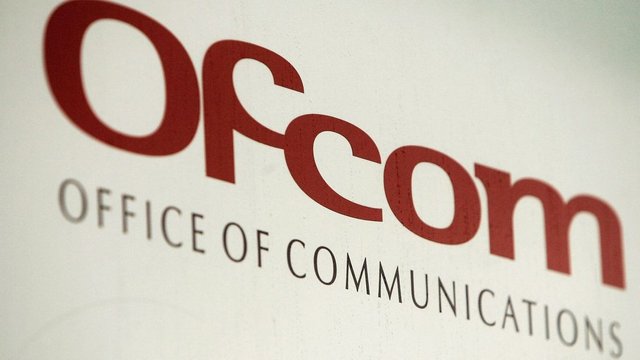British Telecommunications Regulator Receives $ 912,000 to Use Blockchain in Their System

British national telecommunications regulator Ofcom has received $ 912,000 to explore blockchain solutions in UK landline management. The grant was extended by the Department of Business, Energy and Industrial Strategy.
Ofcom's announcement states that between now and April 2020, industry players will be invited "to test porting and managing millions of telephone numbers using blockchain and ledger technology" in an initiative involving industry and university providers and third-party providers.
Blockchain technology will enable trusted transactions (AKA 'ported consumers' in this case) to "manage the life cycle of telephone numbers that change data to support routing and ownership of voice calls." Blockchain will treat telephone numbers as digital assets to increase landline management telephone numbers .
Ofcom CEO Mansur Hanif said this about a new project:
"We will work with the industry to explore how blockchain can make it faster and easier for land customers to switch providers while maintaining their numbers - and reduce interference calls. We will also expand our research to other areas where innovative technologies such as blockchain can be applied to benefit consumers. "
Use case
There are 1 billion landline numbers available in the UK, including those used and ordered for potential use in the future. A group of telephone numbers will be issued in blocks on the blockchain to telecommunication operators who will then transfer them from one telephone or consumer to another.
Blockchain is anticipated to reduce regulatory costs and business overhead, improve customer experience when switching telecommunications providers, and make telephone fraud and prevention management more effective.
The regulator will build a telephone number database whose previous efforts have failed because of the costs and difficulties of getting several competing parties to collaborate. The database placed on the blockchain will allow transparency between users and telecommunications providers.
The telecommunications industry is actually one of the larger markets that might see a major disruption of blockchain innovation in the coming years. Cellular network operators (MNO) suffer major inefficiencies in billing, payment and subscription systems that can be completely overhauled and simplified with blockchain technology. Projects based in the UK such as Diadem launched a new type of cellular network using a smart contract to overcome this inefficiency and change the industry, while existing MNOs such as Korea, KT Corp, are integrating blockchain into their existing systems.
A report from the GSMA MNO trading agency, shows that the MNO will invest $ 0.5 trillion in moving capital expenditure between 2018 and 2020, priming the telecommunications industry for large-scale blockchain adoption if initial efforts are successful.